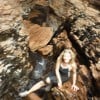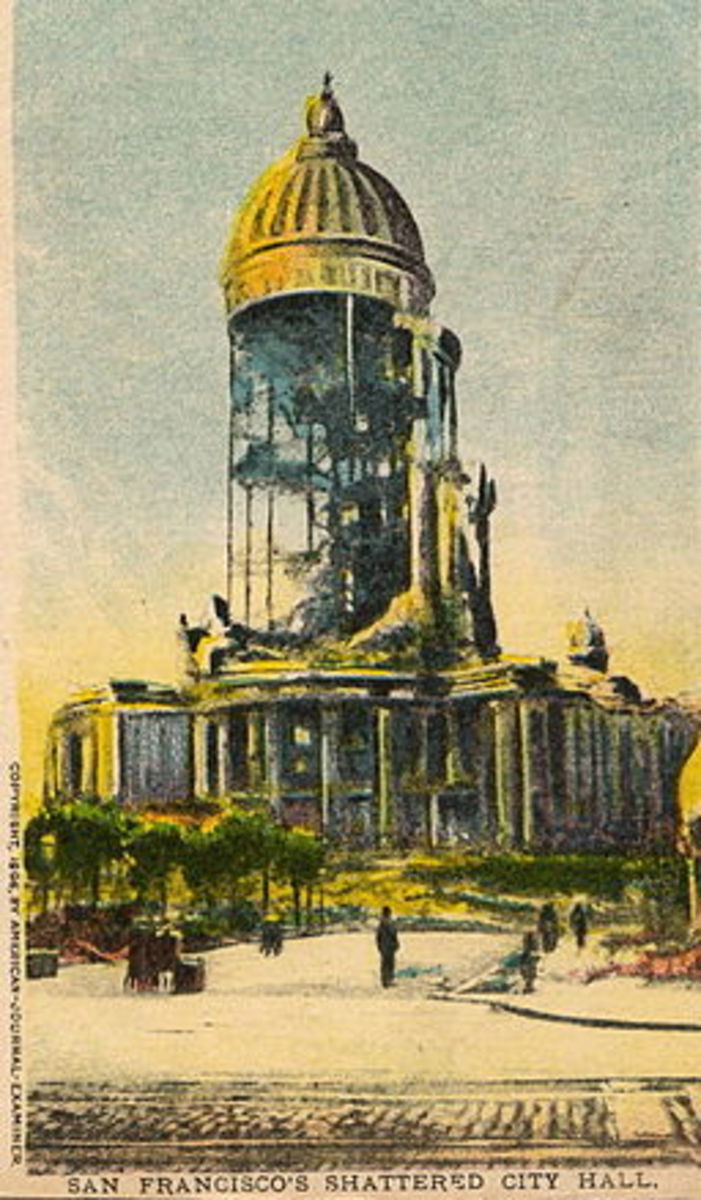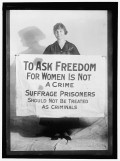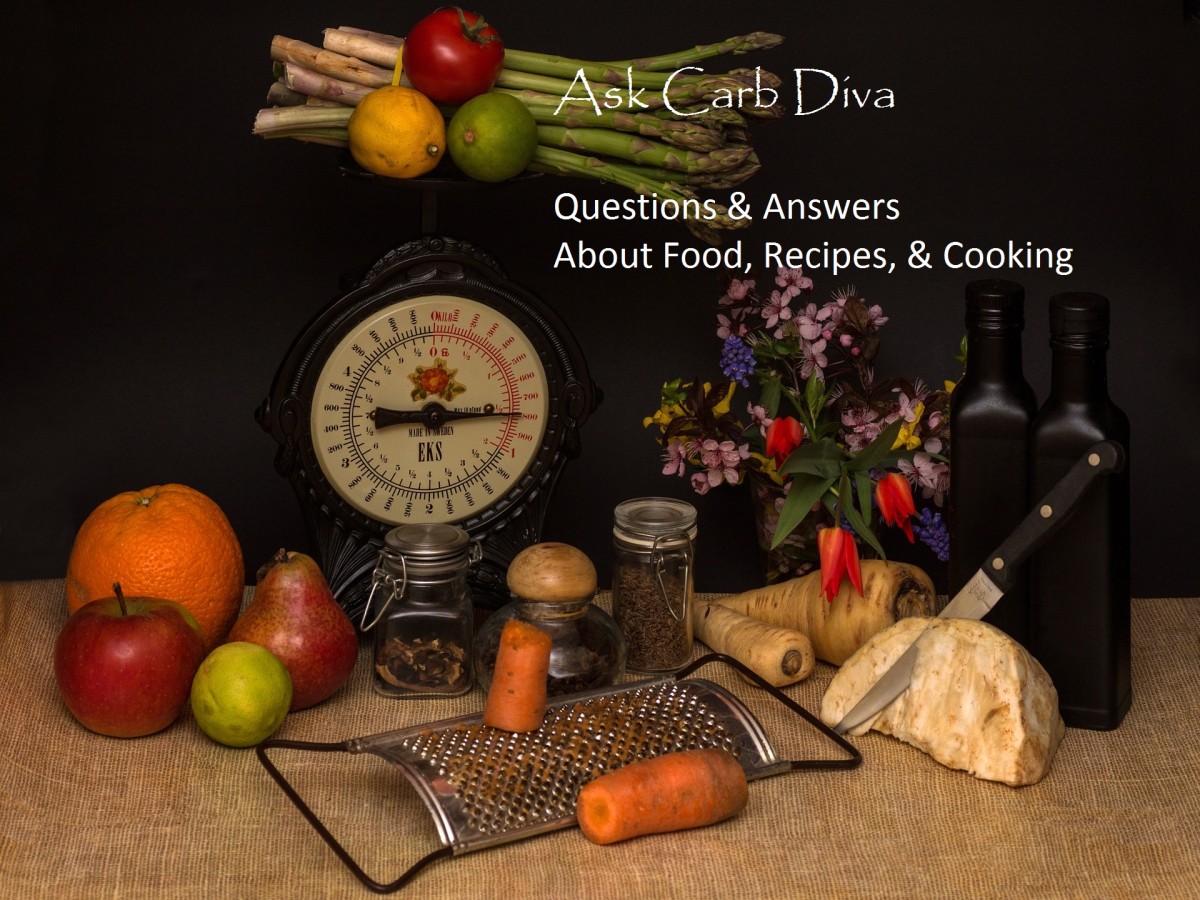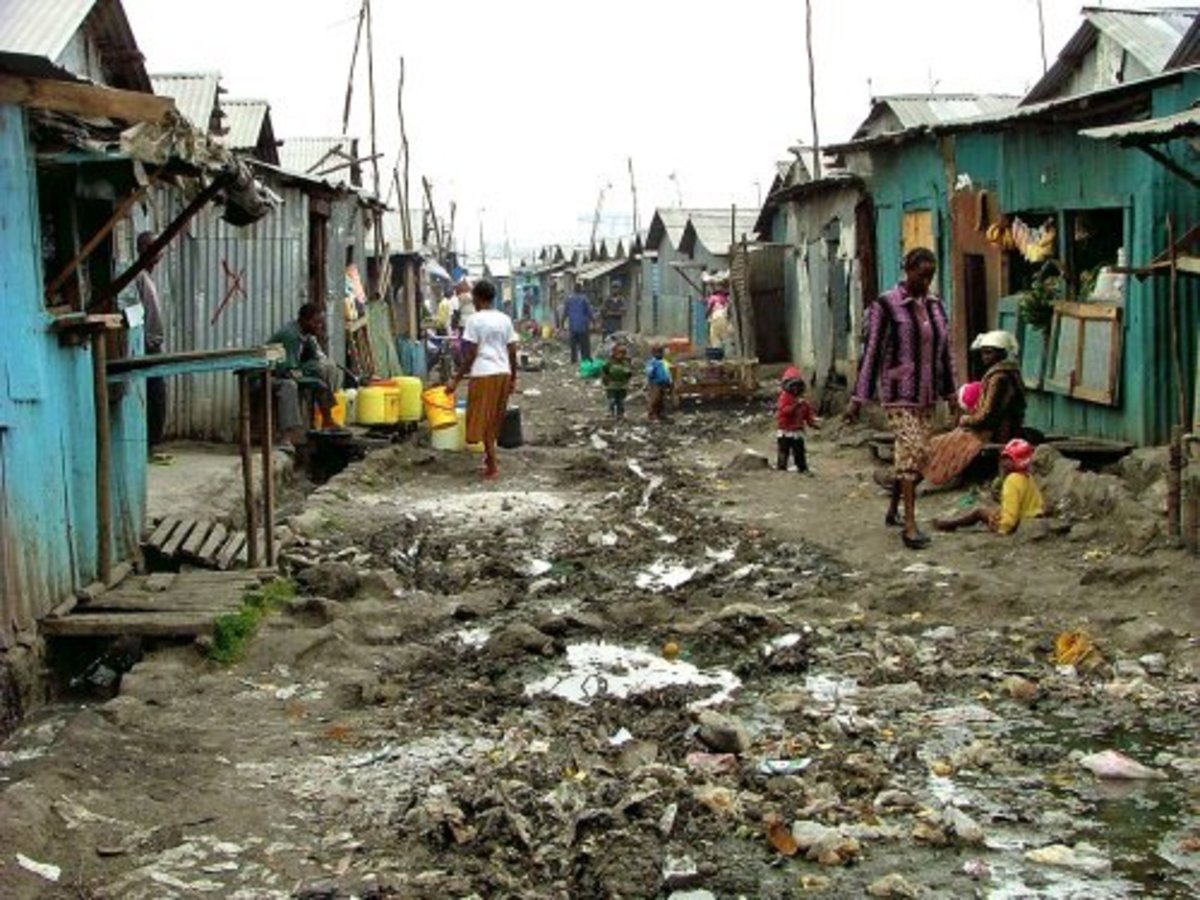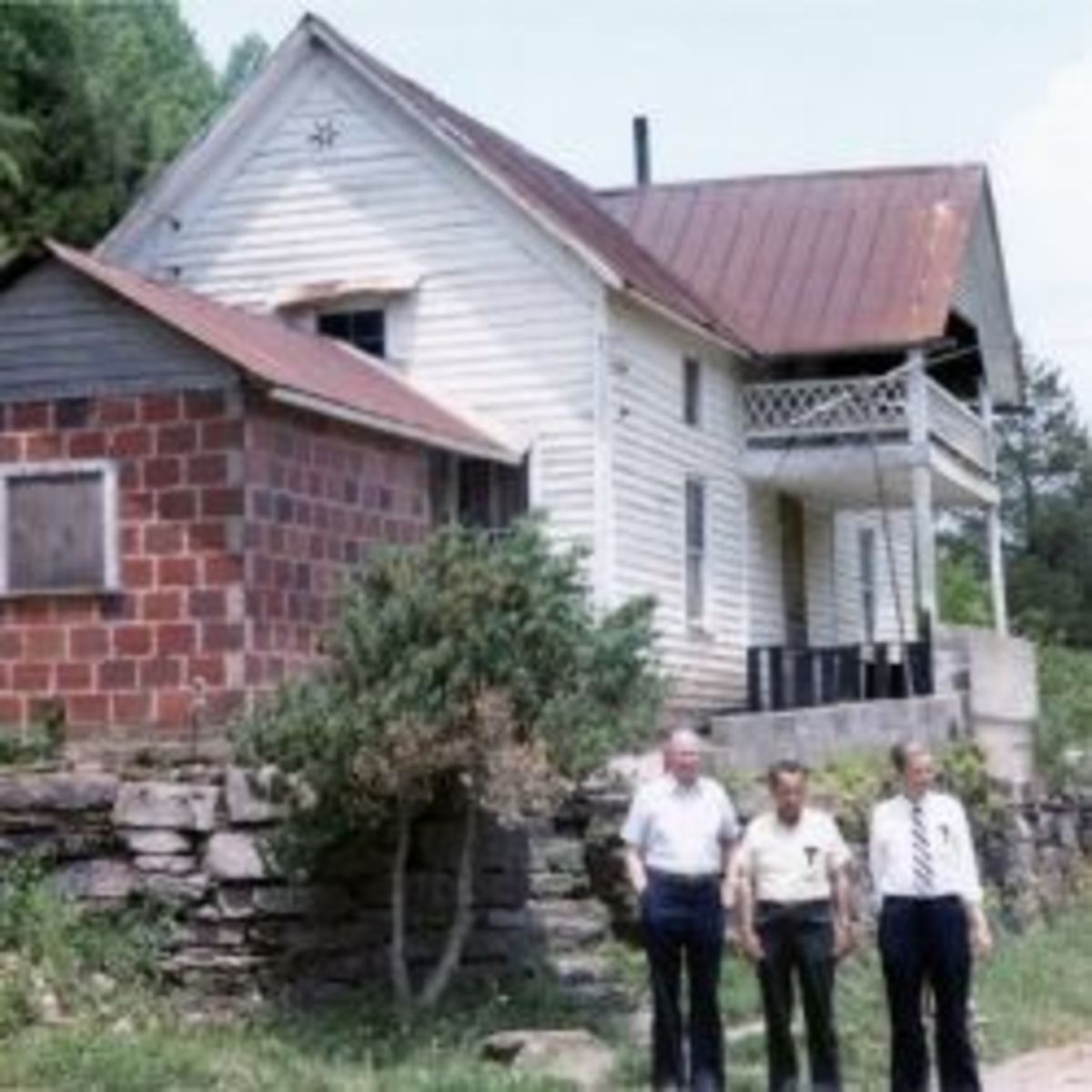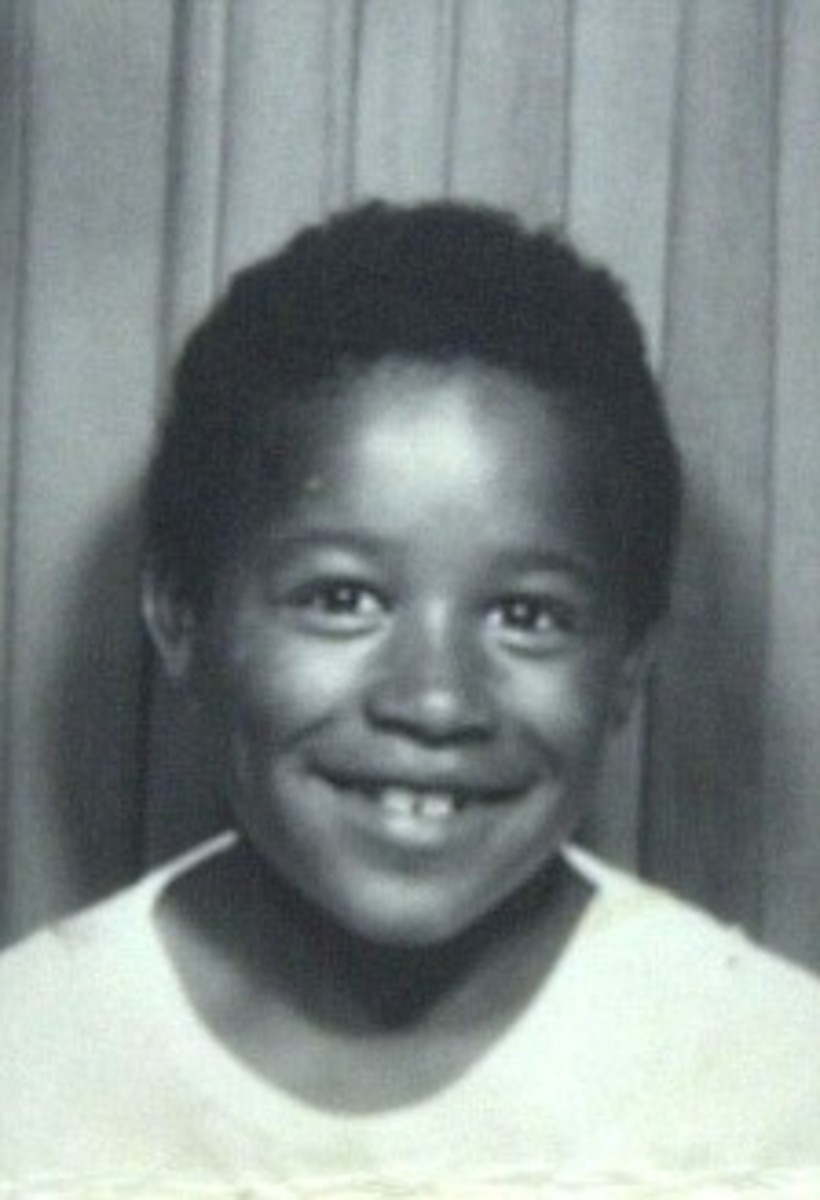So-Much-Makes-Sense-Once-We-Get-the-Connections6
Socialism in Slovakia
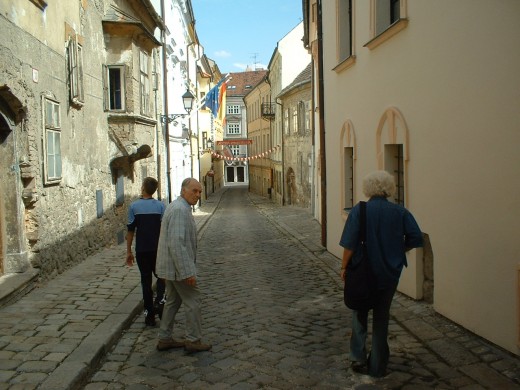

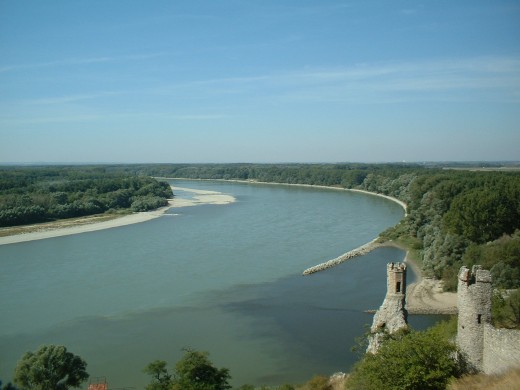

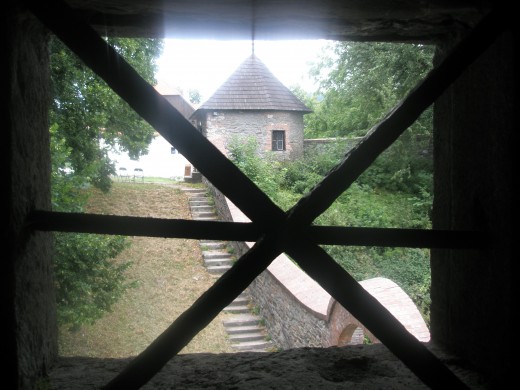

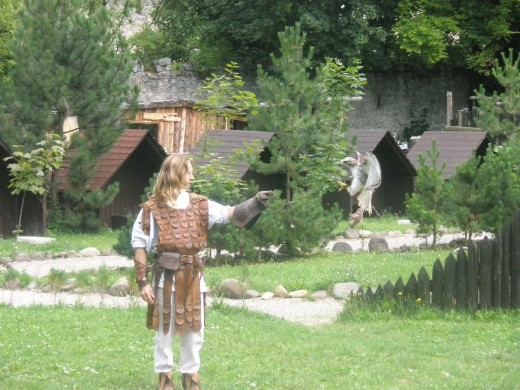

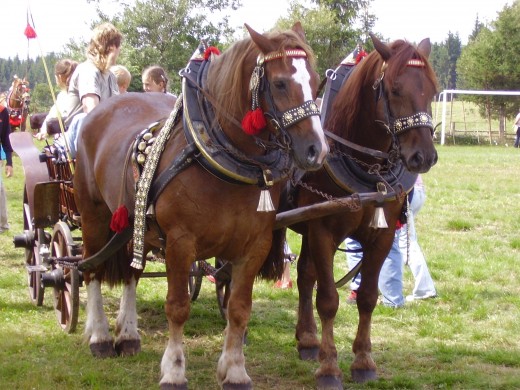
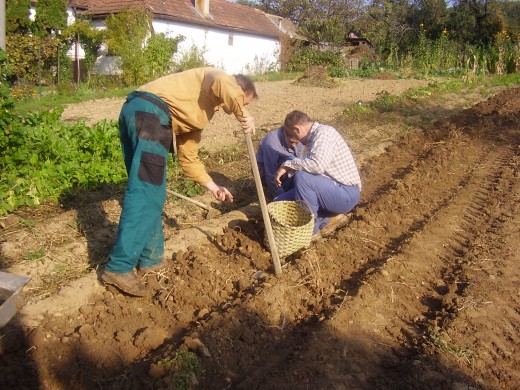

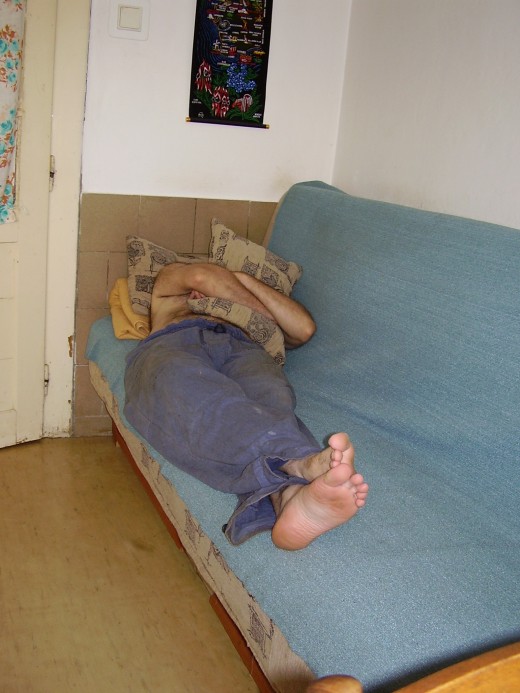
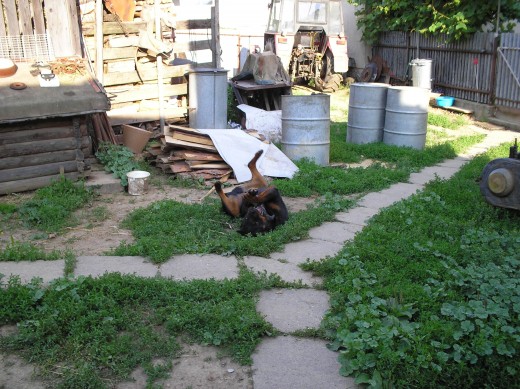
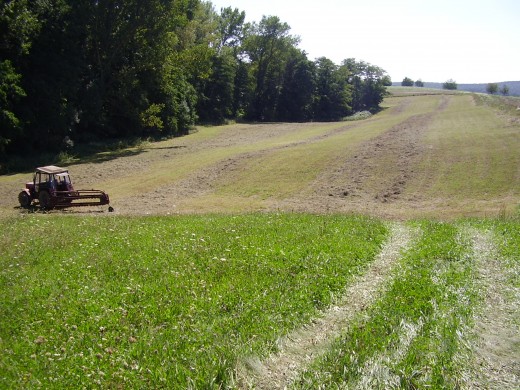
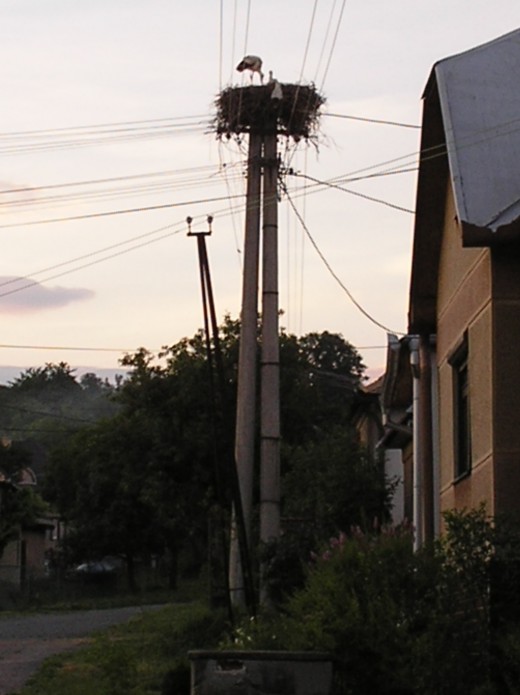
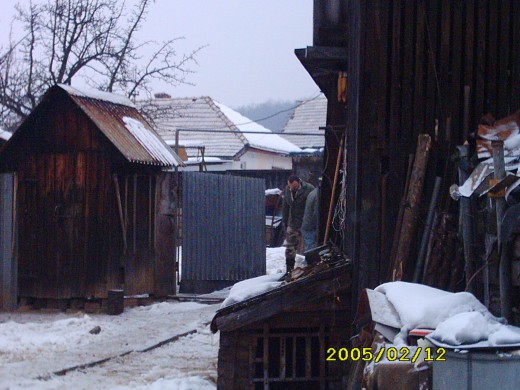
Who are we and where we do come from?
Who are we and where we do come from?
…we came in a moment and in a moment of flight, a million accidents rushed to meet us,
and we entwine the columns of our hearts like ivy,
we came to live on the land and under heaven…
/Old Slovakian poem/
"How we live on this land and on the planet Earth, and how we leave this place, is up to us," My great grand mother used to say.
Let me lift my glass to my eldest family member. I remember Julia, nearly one hundred years old.
My great grandmother was born in 1900 in Croatia. When she was 10, her village was burnt and she was forced to flee with her family. They walked across Hungary and Czechoslovakia to a little Croatian enclave on the border of Austria and Bohemia. There was a stone quarry the Croats were allowed to build their houses around if every male of the family would work for free for ten years there. So the Croats fleeing from Turks, settled here already a hundred years earlier.
When she was 14, World War I started. The war ended on her 18th birthday, after 22 million people had been killed. She lost both of her parents. Later in the year, a Spanish Flu epidemic hit the planet and ran until she was 20. Fifty million people died from it in those two years. Her husband, my great grandfather died. Her son, my grandfather, was born then.
When she was 29, the Great Depression began. Unemployment hit 25%, global GDP dropped to 27%. That ran until she was 33. The country nearly collapsed, along with the rest of the world's economy. She survived while tending a small vineyard that her parents had left her. Her father and her husband were winemakers so she continued their craft, teaching her son the skills.
When she was 39, World War II started and her first grandchild was born and her son left as a conscript for the army while Germans invaded her house. She continued to attend to her orchard and make wine for German soldiers who took over the house.
When my great grandmother was 41, she saw her house ransacked, her orchard burnt, all women around repeatedly raped, her neighbours shot and Jewish prisoners mistreated being marched to a train on their way to their death.
Her son was captured by the Germans as a deserter and forcefully taken to Germany, but managed to jump from the train. His whereabouts were unknown.
Between her 39th and 45th birthdays, 75 million people perished in the war. The Holocaust killed another six million. My mother was born the day WWII ended.
At her 45th birthday, Russians invaded Czechoslovakia with tanks. Their communist rule lasted for another 50 years. Five million perished in Russian prison camps. Her precious vineyard was confiscated by the communists.
On her 65th birthday, her granddaughter married a dissident. The secret police were watching her house from that day. In three- years- time she lived through the uprising against Russian communist rule that was violently squashed by tanks.
At her 70th birthday, Communists confiscated her house and the rest of her garden and bulldozed it down. Whole streets were obliterated to make place for a new highway. Her village that my great grandmother had reached as a 10 year old, and had believed that she would never leave, had withstood wars, depressions and epidemics - but not communists.
She celebrated her 75th birthday sharing a tiny room a grey block of flats with her three great grand-daughters. She learnt to whisper, as the secret police was always around. The closest grocery shop with essentials was five km away. There was no bus transport in place yet. She walked the distance daily, carrying groceries in her hands with the assistance of her little great grand-daughters. She was also selling cherries and other fruit and vegetables that she picked from the remnants of her garden, in the nearby market during the warmer months.
At her 80th birthday, she attended the funeral of her beloved grandson, who died suddenly from his heart condition while in secret police custody, where he had been kept for questioning. She was also diagnosed with cancer. Her last decades were lived in pain as she refused to get treatment in hospital.
At her 85th birthday, she attended the wedding of her first great grand- daughter, soon after that, her first great- great- grand granddaughter was born.
Just before her 9Oth birthday, she started to stock up on food provisions, preparing for the arrival of more Russian tanks. The Velvet Revolution was in the air. She listened to the Free Europe on the radio, standing with her grand daughter on the city square with thousands of other families - surrounded by soldiers with guns ready to shoot, while she rang her keys. Holding on to her cane, she whispered: ‘Freedom’. The Velvet Revolution brought about the end of Communism, but she never stopped whispering. She never believed it was truly over. Why it should be? She had lived through a century in which nothing was peaceful, smooth or easy.
Just before her 95th birthday, she met her grandson in law who had come back from Australia to visit his country for the first time since 1968. In a few years- time, she came to farewell her grand- daughter and great- great -grand daughter who emigrated to Australia.
Almost reaching her 100th birthday, she died at home. In her time, people went to hospital to die. She grew up never trusting hospitals, and never visited one.
None of my grand- parents who raised me, nor my great grand -mother, ever talked about wars, epidemics or depression. I never understood why, but now I know. I never talk about Communism to my children, either. There are times in your life that you want to forget about if you can, and yet I believe that I somehow owe it to my family members who survived, against all odds, for me to be here to tell their story…
